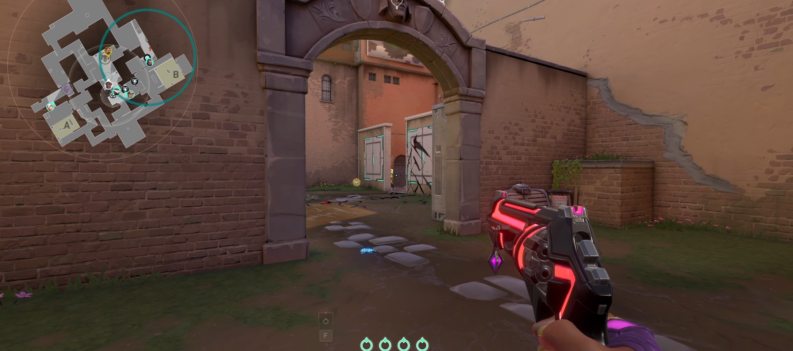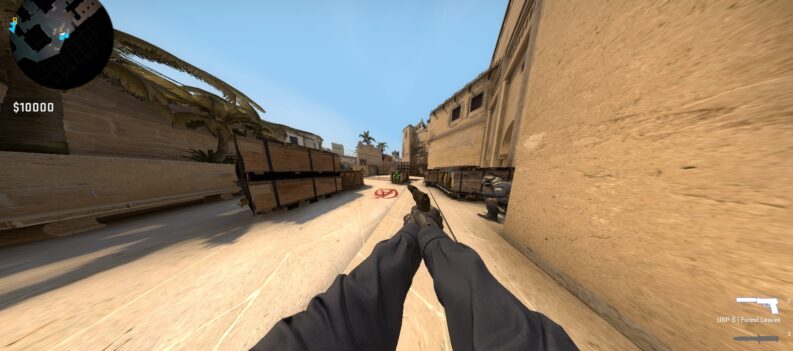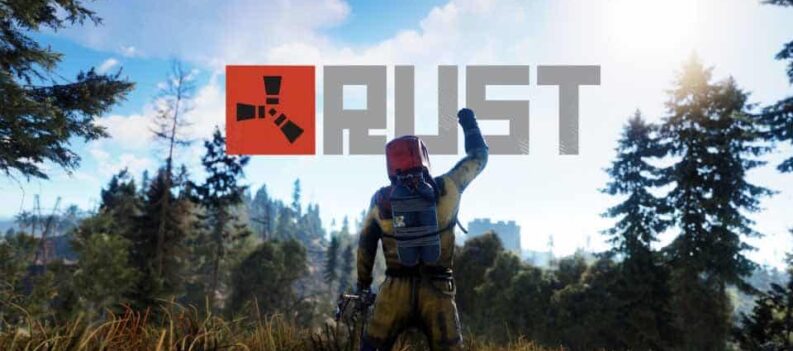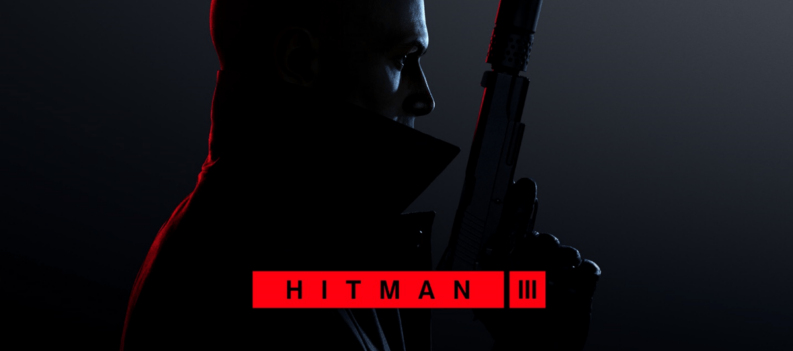Riot Games doubles down on curbing negative player behavior through a controversial update to the popular tactical shooter’s Privacy Policy.
The TL;DR regarding voice communications in-game? Riot Games updated their Privacy Notice to allow them to record and evaluate select voice comms through the in-game VALORANT Voice Chat. In April 2021, Riot Games released an article outlining key changes to their Privacy Notice and Terms of Service.
Come July 13th. Riot Games will start a “background launch of their voice evaluation system for North America/English-only,” which should help curb disruptive behavior in VALORANT and serve as additional evidence whenever a player is reported for bad behavior.
Curbing In-game Toxicity

Back in February, Riot Games addressed the need to curb the Voice and Text Chat Toxicity that exists in VALORANT in their VALORANT Systems Health Series – Voice and Chat Toxicity article, which you can read in detail here.
Toxicity over any form of in-game communications, whether through Voice or Text, breaches the VALORANT Community Code and, by extension, the Riot Games Terms of Service since the former supplements the latter.
Riot Games is still building a beta of the voice evaluation system, so come July 13th, the company will start tracking voice comms in VALORANT but not use them as evidence just yet – Riot Games says they will use the voice comms data to train their language models and build up the system for an eventual beta release later in the year.
How will Riot Games track Voice Comms in VALORANT?

Riot Games will track all North America/English voice comms done through the built-in Voice Chat in VALORANT by July 13th.
Whenever players launch VALORANT, they fully agree to the game’s Terms of Service. So players can’t contest a breach of privacy if Riot Games starts using the in-game voice chat as supplemental evidence whenever a player is reported in-game for behavior that breaches the Community Code.
This is also why Riot Games addressed the change in their updated Privacy Notice and Terms of Service. While the company says they will only use the voice recordings as supplemental evidence to player reports, players can not be too sure.
Players can avoid being recorded by completely disabling the in-game Voice Chat in VALORANT. However, without one of the most vital communication tools in-game, players cannot communicate with their teammates properly, which may result in sub-optimal gameplay in VALORANT.
What does this mean for VALORANT fans?

We can not have it all, can we? For want of a less toxic environment, players will have to trade up their Voice Comms privacy in VALORANT.
Riot Games says they will only use the Voice Comms recordings as supplemental evidence whenever a player is reported for bad behavior. After doing so, they will take action and remove the recorded voice data when it is no longer needed.
By July 13th, NA/English language regions will want to use third-party Voice Comms software such as Discord if they only play VALORANT with friends online. This will help players avoid the need to use the in-game Voice Chat.
Unfortunately, solo-queue players will have to decide how much they value their in-game voice comms privacy versus how vital the in-game voice comms are for team play.
Pick Your Poison
The Voice Comms tracking in VALORANT is generally good news and a good step towards making VALORANT a safer and more fun environment so players from all walks of life can jump in and have fun playing their favorite tactical shooter.
However, the privacy issue is the real elephant in the room. And with how easy it is to leak or acquire online personal data these days, some players might not fully agree with Riot Games’ decision to record Voice Chats in-game.
In that case, players can look for alternative Voice Communication clients or stop using the in-game VALORANT Voice Chat altogether. It is a pick-your-poison situation that fans will have to live with.
Visit the PlayerAssist website for more Gaming Guides, Gaming News, Game Codes, and other Gaming Content!
















